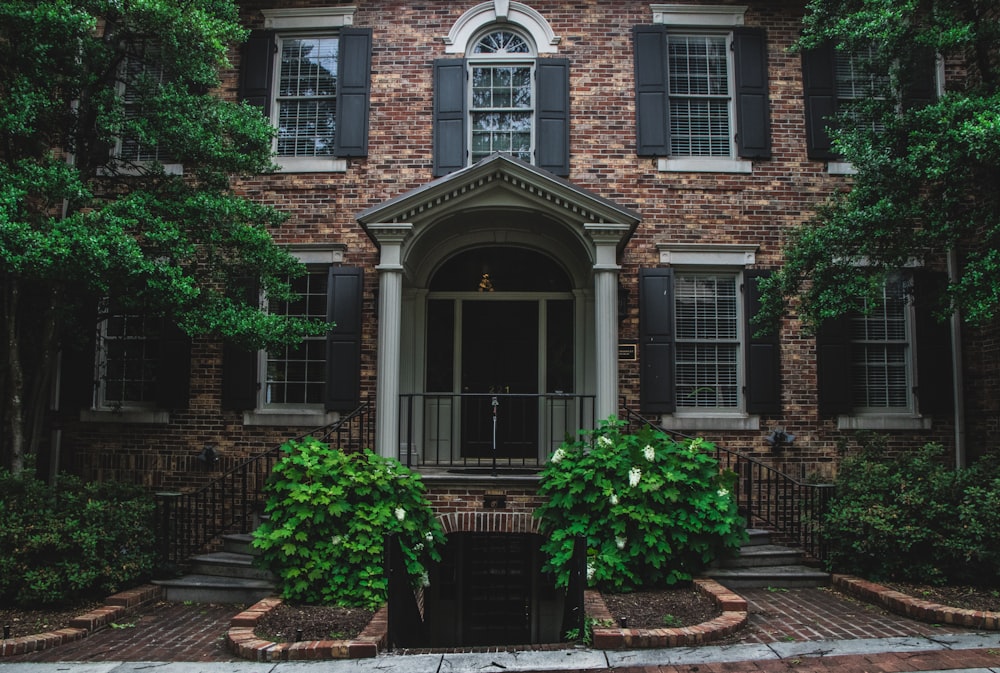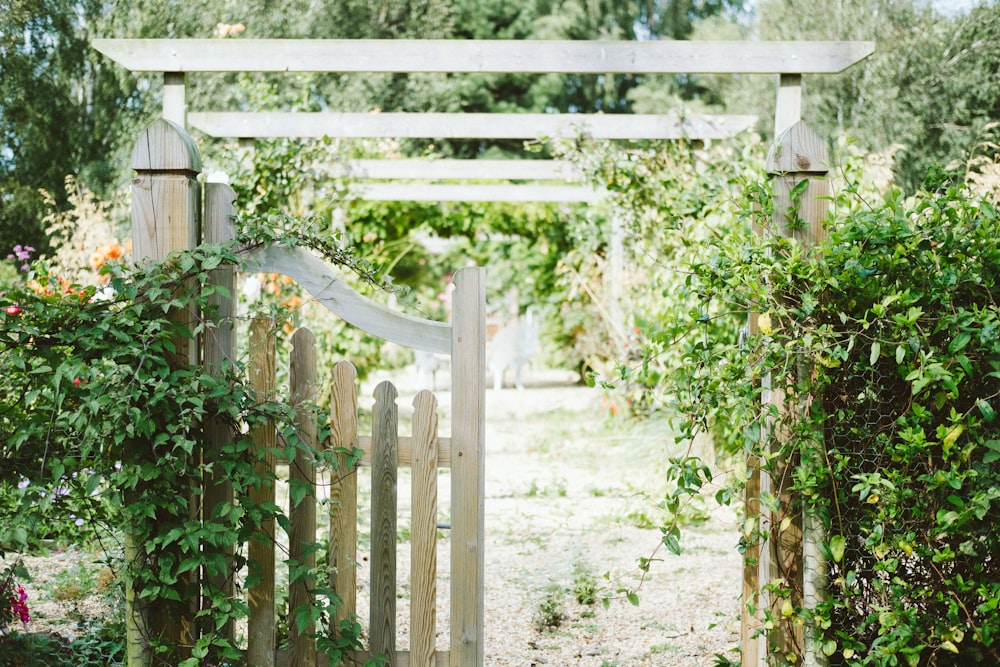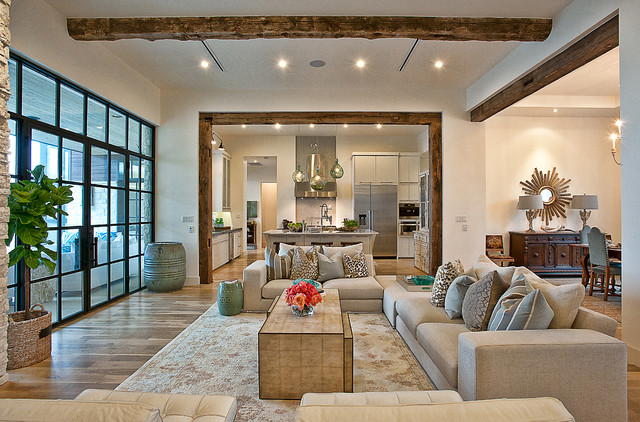Essential Tips for Managing Residential Plumbing
Understanding Your Residential Plumbing System
Residential plumbing is a critical component of any home, responsible for supplying clean water and removing waste efficiently. Understanding how your plumbing system works is essential for maintaining its functionality and addressing issues promptly. From the main water line to individual fixtures, familiarize yourself with the layout and components of your residential plumbing system.
Identifying Common Plumbing Issues
Being able to identify common plumbing issues can save you time, money, and frustration. Keep an eye out for signs of leaks, such as water stains on walls or ceilings, dripping faucets, or unusually high water bills. Other common plumbing problems include clogged drains, running toilets, and low water pressure. By recognizing these issues early, you can prevent them from escalating into more significant problems.
Regular Maintenance and Inspections
Regular maintenance and inspections are essential for keeping your residential plumbing system in top condition. Schedule annual inspections with a qualified plumber to check for any signs of leaks, corrosion, or other issues. Additionally, perform routine maintenance tasks such as cleaning drains, checking for leaks under sinks, and inspecting toilet flappers for wear and tear.
Preventative Measures
Preventative measures can help you avoid costly plumbing repairs down the line. Consider installing water-saving fixtures such as low-flow toilets and faucets to reduce water usage and lower utility bills. Use drain screens to prevent hair, food particles, and other debris from clogging drains, and avoid flushing non-flushable items down toilets. By taking proactive steps to maintain your plumbing system, you can extend its lifespan and minimize the risk of unexpected problems.
Dealing with Plumbing Emergencies
Despite your best efforts at preventative maintenance, plumbing emergencies can still occur. Knowing how to handle these situations can help you minimize damage and inconvenience. Keep a list of emergency contacts, including a trusted plumber, handy, and familiarize yourself with how to shut off the main water supply to your home. In the event of a burst pipe or major leak, quick action can help prevent water damage and costly repairs.
Upgrading Your Plumbing System
If your home’s plumbing system is outdated or showing signs of wear and tear, consider investing in upgrades to improve its performance and efficiency. Upgrading to modern fixtures and appliances can help reduce water usage, improve water pressure, and enhance the overall functionality of your plumbing system. From energy-efficient water heaters to smart leak detection systems, there are many options available to upgrade your residential plumbing system.
Addressing Water Quality Concerns
Water quality is another important consideration for residential plumbing. If you’re concerned about the quality of your tap water, consider installing a water filtration system to remove impurities and contaminants. Test your water regularly for signs of contamination, such as unusual odors, tastes, or discoloration. By taking steps to ensure the quality of your drinking water, you can protect your health and well-being.
Educating Yourself
Educating yourself about residential plumbing can empower you to make informed decisions about your home’s plumbing system. Take the time to research plumbing topics, attend workshops or seminars, and consult with knowledgeable professionals. By understanding how your plumbing system works and how to maintain it properly, you can save money on repairs and ensure the long-term functionality of your plumbing system.
Consulting with Professionals
While many plumbing tasks can be tackled as DIY projects, some jobs are best left to the professionals. If you’re unsure about how to address a plumbing issue or if you’re considering a major plumbing upgrade, don’t hesitate to consult with a qualified plumber. A professional plumber can provide expert advice, recommend the best course of action, and ensure that the job is done safely and correctly.
Explore Residential Plumbing Solutions
For comprehensive information and resources on residential plumbing, visit home-radiators.com. Whether you’re looking for DIY tips, professional plumbing services, or advice on upgrading your plumbing system, you’ll find everything you need to keep your residential plumbing in top condition and ensure a comfortable and functional home environment.










